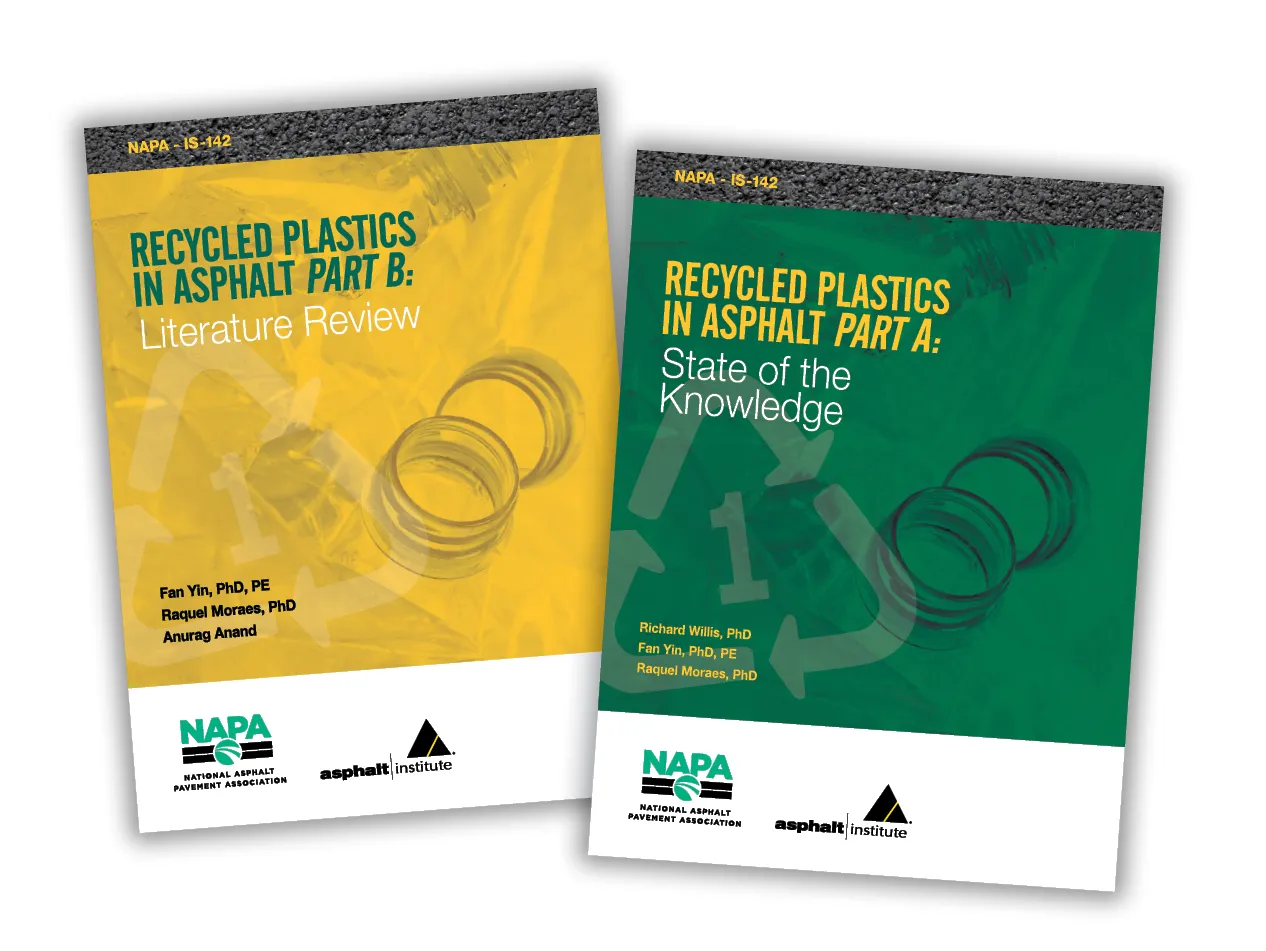Just half of drivers feel prescription drug labelling is clear enough on medicines, according to the latest poll by road safety charity the Institute of Advanced Motorists (IAM).
Earlier this year, the government announced that a drug-driving bill will be introduced and will include chemicals which can be found in prescription drugs. Almost a third of respondents suggest that a simple traffic-light system would be the best method to inform people of the risks of using prescription drugs when driving.
October 16, 2013
Read time: 2 mins
Just half of drivers feel prescription drug labelling is clear enough on medicines, according to the latest poll by road safety charity the 5125 Institute of Advanced Motorists (IAM).
Earlier this year, the government announced that a drug-driving bill will be introduced and will include chemicals which can be found in prescription drugs. Almost a third of respondents suggest that a simple traffic-light system would be the best method to inform people of the risks of using prescription drugs when driving.
It is clear that the vast majority of drivers have no sympathy for those who drive under the influence of drugs. Seventy-three per cent of drivers think that those who drive while under the influence of illegal drugs are as dangerous as drunk drivers. Eighty per cent of respondents agree with the view that a zero limit should be set for the worst illegal drugs.
Motorists feel that penalties are not harsh enough for drug-drivers. Currently, if prosecuted, they face a one year ban and up to £1,000 fine. Fifty-nine per cent of respondents feel that this is not strong enough.
IAM chief executive Simon Best said, “Motorists clearly feel that labelling is not clear or consistent enough when giving information on driving when taking medications. A traffic-light system such as red for no driving, amber for care required and green for limited effects appears to be the most popular option. What is clear is that we will need a wide ranging information campaign to support the new laws and ensure motorists don’t find themselves on the wrong side of the law.”
Earlier this year, the government announced that a drug-driving bill will be introduced and will include chemicals which can be found in prescription drugs. Almost a third of respondents suggest that a simple traffic-light system would be the best method to inform people of the risks of using prescription drugs when driving.
It is clear that the vast majority of drivers have no sympathy for those who drive under the influence of drugs. Seventy-three per cent of drivers think that those who drive while under the influence of illegal drugs are as dangerous as drunk drivers. Eighty per cent of respondents agree with the view that a zero limit should be set for the worst illegal drugs.
Motorists feel that penalties are not harsh enough for drug-drivers. Currently, if prosecuted, they face a one year ban and up to £1,000 fine. Fifty-nine per cent of respondents feel that this is not strong enough.
IAM chief executive Simon Best said, “Motorists clearly feel that labelling is not clear or consistent enough when giving information on driving when taking medications. A traffic-light system such as red for no driving, amber for care required and green for limited effects appears to be the most popular option. What is clear is that we will need a wide ranging information campaign to support the new laws and ensure motorists don’t find themselves on the wrong side of the law.”








